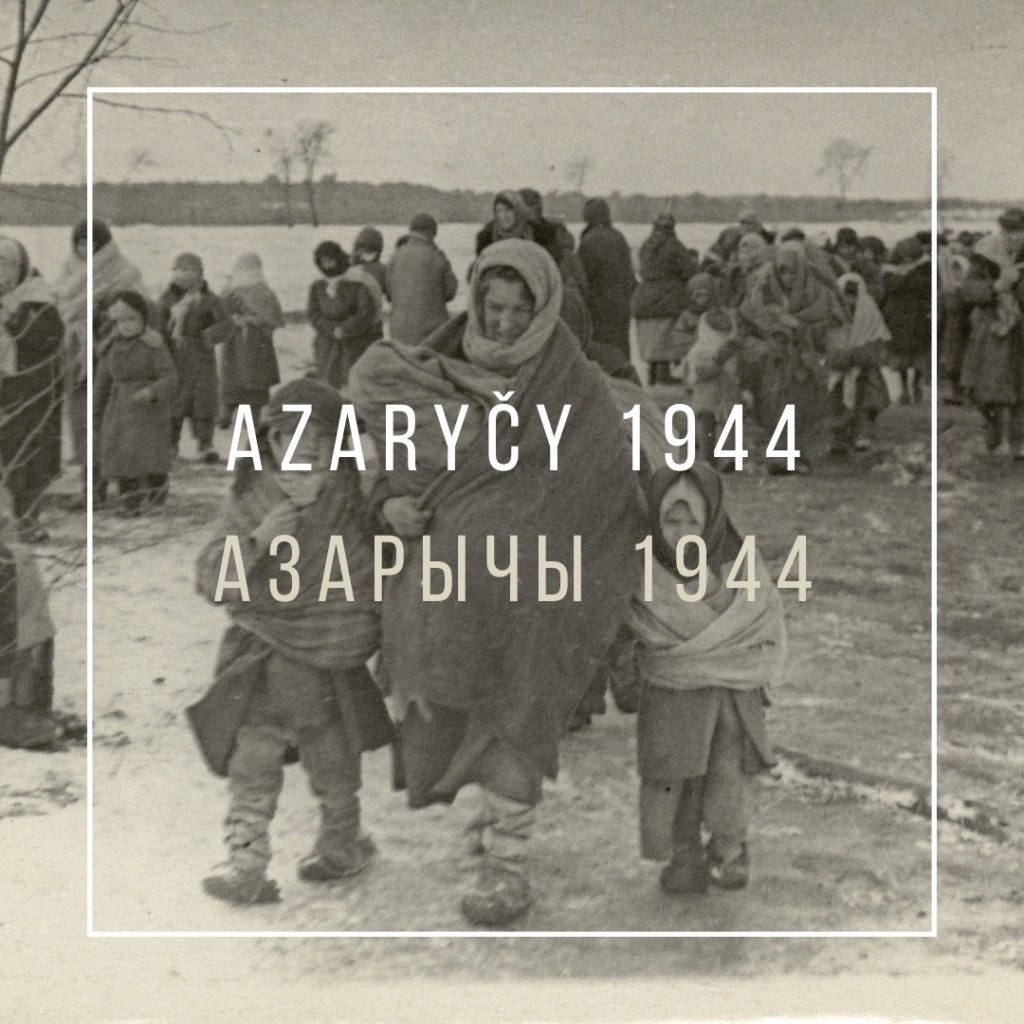In 2017, a Holocaust survivor living in Budapest and two joint plaintiffs filed a statement of claim with the Lüneburg Administrative Court. In it, they demanded that the monument erected in 1960 by right-wing elected officials in honor of the 110th Infantry Division of the German Wehrmacht, which originated in Lüneburg, be covered. Thus far, the memorial plaque erected next to the memorial only stated that
„Erinnerungskultur ist zeit- und kontextgebunden. Der Gedenkstein ist ein Dokument für den unreflektierten Umgang mit der NS-Vergangenheit, der in den 1960er Jahren noch in vielen Städten und Einrichtungen präsent war. Heute ist er umstritten und ein Stein des Anstoßes – schmerzhaft in seiner Aussage, verletzend für die Nachfahren der Opfer, unverständlich für die nachfolgenden Generationen.“1 (German original)
“The culture of remembrance is bound by time and context. The memorial stone is a document of the unreflected approach to the Nazi past that was still present in many cities and institutions in the 1960s. Today it is controversial and a bone of contention – painful in its message, hurtful for the descendants of the victims, incomprehensible for future generations.” (Translation of the German original)
As a result of the legal compromise reached in 2020, the memorial plaque was extended in order to do justice to the memory of the infantry’s participation in the deportations near Azaryčy and the Holocaust.
- Süddeutsche Zeitung: Einigung im Prozess um Wehrmachts-Denkmal. Tafel ergänzt. Access via: sueddeutsche.de/kultur/lueneburg-einigung-im-prozess-um-wehrmachts-denkmal-tafel-ergaenzt-dpa.urn-newsml-dpa-com-20090101-200920-99-639946, 21.09.2020 (last checked: 30.06.2024). ↩︎

